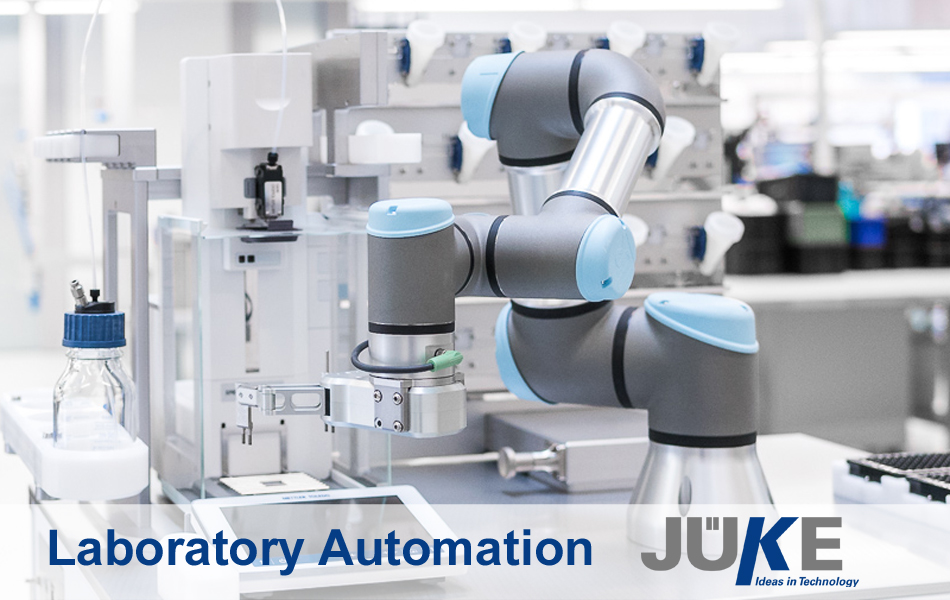The shortage of specialists is one of the key challenges facing the healthcare industry. This is the finding of the healthcare report published by the Association of German Chambers of Industry and Commerce (DIHK), in which around 700 companies participated. The negative trend of the past year is continuing, especially in medical technology. In the meantime, 81 percent of companies say they are suffering from a shortage of specialists and cost pressure1).
However, the shortage of specialists can also have a positive effect on innovations and on business: Because wherever tasks can be automated, companies are willing to invest in corresponding solutions. One example here is laboratory diagnostics2).
JÜKE is also increasingly working on customer projects in this area. The demand for efficient and powerful systems for automation has been high since the beginning of the Corona pandemic. The products are expected to work faster and over longer periods of time reliably and independently. One example is the successful Chronect Quantos system from Axel Semrau and Mettler Toledo. Lab technicians often handle multiple instruments simultaneously, which requires ease of use. Robotic systems also allow sensitive steps to be performed from a safe distance, as well as minimizing time-consuming safety precautions.
Sources:
1) https://www.dihk.de/de/themen-und-positionen/wirtschaftspolitik/gesundheitswirtschaft/fachkraeftemangel-und-kostendruck-setzen-gesundheitswirtschaft-weiterhin-zu–68364 (28.02.2023)
2) https://www.devicemed.de/6-trends-fuer-die-medizintechnik-branche-a-0e19c103b4cc8795043ba1769f55951c/ (28.02.2023)

